Eleven IHPME graduate students have been awarded Doctoral Research Awards as part of the Canada Graduate Scholarships – Doctoral (CGS D) program.
By: Marielle Boutin
Administered by Canada’s three major granting agencies —NSERC, CIHR, and SSHRC—the CGS D is a prestigious federal scholarship centred around supporting doctoral research across a wide range of disciplines. Among the 2025-26 cohort are eleven IHPME doctoral students who have been recognized for their research excellence and their potential to contribute to Canada’s research landscape.
“I am incredibly proud of the IHPME doctoral students who have been awarded the CGS D. Their groundbreaking and impactful research across diverse areas of health policy, equity, and care delivery reflects the excellence and innovation that define our graduate community. These scholarships are a true testament to our students’ dedication and the significance of their outstanding contributions to the future of healthcare in Canada and beyond,” says Audrey Laporte, Director, IHPME.
Meet the 2025-26 CGS Doctoral Scholars:
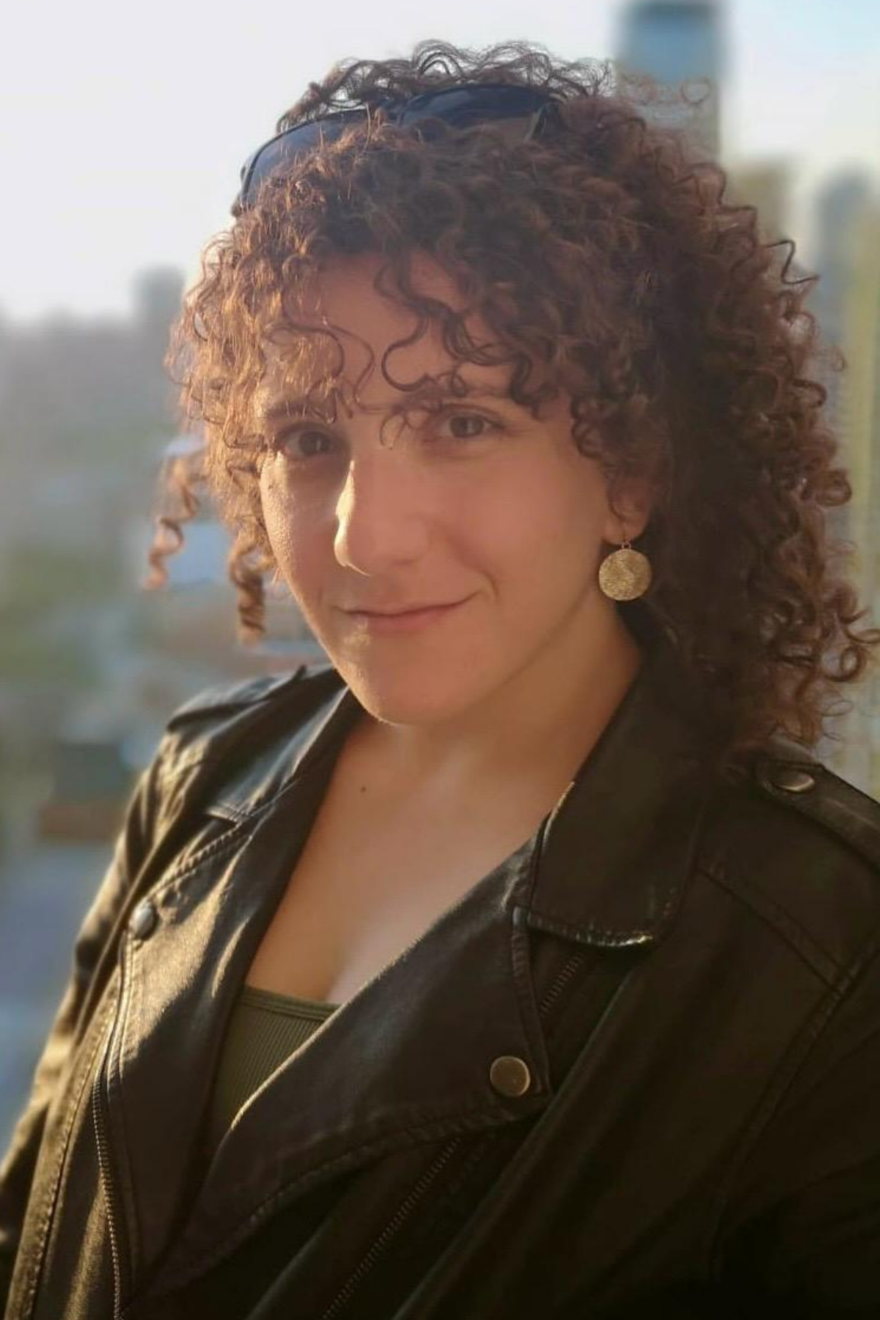
Natalia A. Angeloni
CEHCR
Project Title: Sex-based disparities in access to health care in patients with severe trauma and traumatic brain injury
Angeloni’s project explores the discrepancies in care experienced by men and women in Canadian hospitals. It also looks at variations in care based on the gender of the doctors and nurses. Ultimately, the project aims to improve the administration of care for everyone seeking medical support in hospitals, ensuring sustainable recovery for all patients.
The CGS-D will allow me to focus on understanding and addressing sex-based disparities in trauma care. This support is a key step toward my goal of informing more equitable health policy and clinical practice.
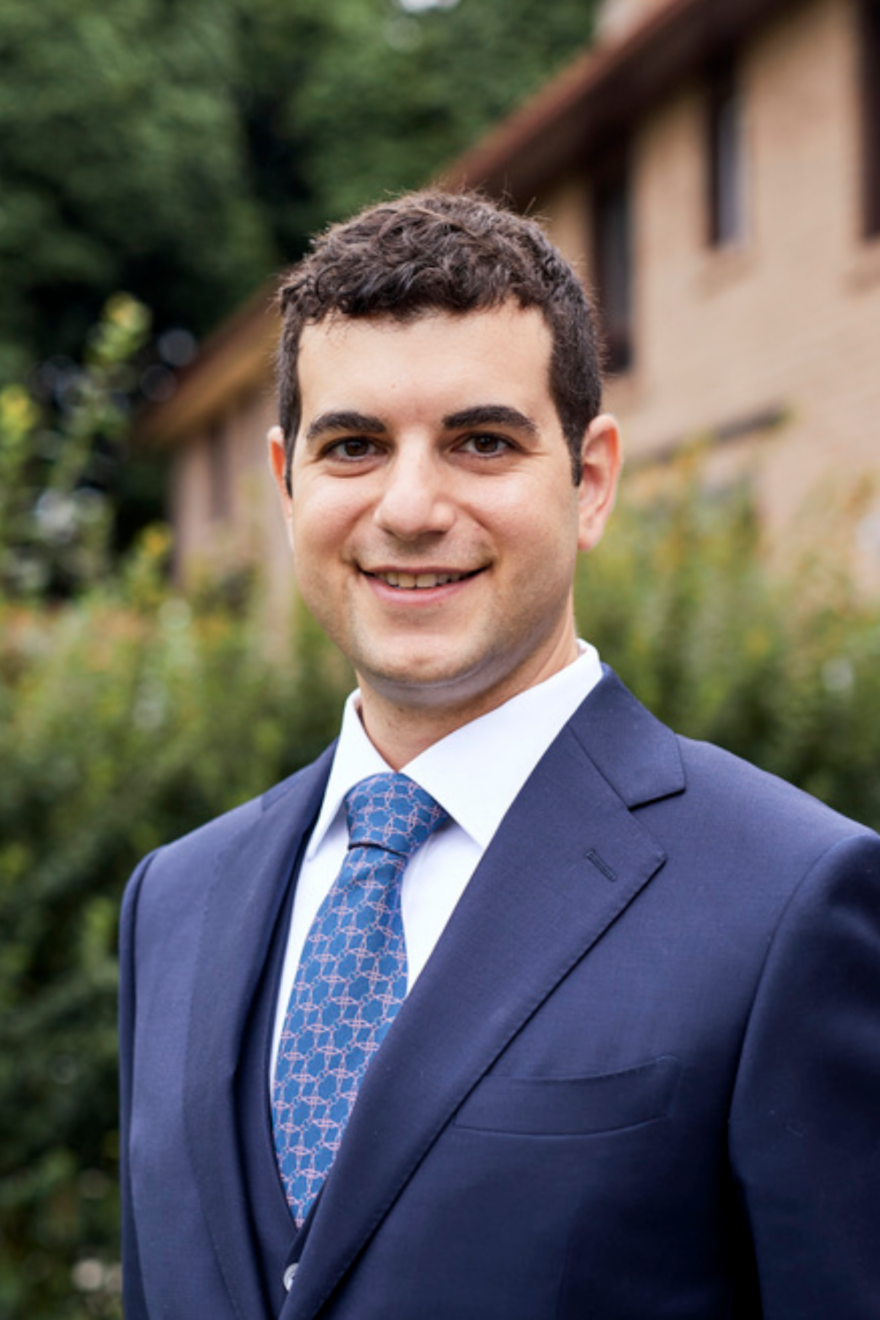
Omri Arbiv
CEHCR
Project Title: Prophylactic strategies to reduce incidence of Pneumocystis pneumonia in individuals with cancer and autoimmune rheumatic inflammatory disease in Ontario, Canada
Pneumocystis pneumonia is a dangerous lung infection that can have adverse effects on those with weak immune systems, such as those with cancer or autoimmune diseases. Traditionally, an antibiotic called TMP-SMX has been used to prevent this infection. However, studies have shown that this medication can have negative side effects on patients. Arbiv’s research leverages Ontario health data to determine those who are most at risk of contracting an infection, and how best to administer TMP-SMX, with the aim of helping practitioners make the most informed decisions for their patients.
I am grateful to have received the CGS-Doctoral award. The support of this award will allow me to hone my skills as an epidemiologist. I hope to ultimately work as a clinician-researcher, where I can apply these skills to find better treatments for patients with rare and chronic lung infections.

Natasha Bruno
HSR
Project Title: Investigating the Evolution of Healthcare Networks During the Transition From Paediatric to Adult Healthcare Systems for Youth with Medical Complexity: A Multi-Method Social Network Approach
When young people with complex medical conditions turn 18, they automatically leave the paediatric healthcare system and are thrust into adult healthcare. Traditionally, this can be detrimental as the adult system —compared to paediatric healthcare which is organized around the needs of children with serious health conditions —is not prepared to support them. Bruno’s research will focus on further exploring this transitionary process and finding better ways to support young people and their families through this changeover in care.
Receiving the Canada Graduate Scholarship is an incredible honour that will further support my commitment to optimizing health services and systems for youth with disabilities. Through my PhD, I plan to apply innovative social network analysis methods and leverage health administrative data to explore how care networks evolve during the transition from paediatric to adult healthcare for youth with medical complexity. This award will help advance my goal of generating actionable, equity-focused solutions that strengthen continuity of care and bridge gaps between health systems.
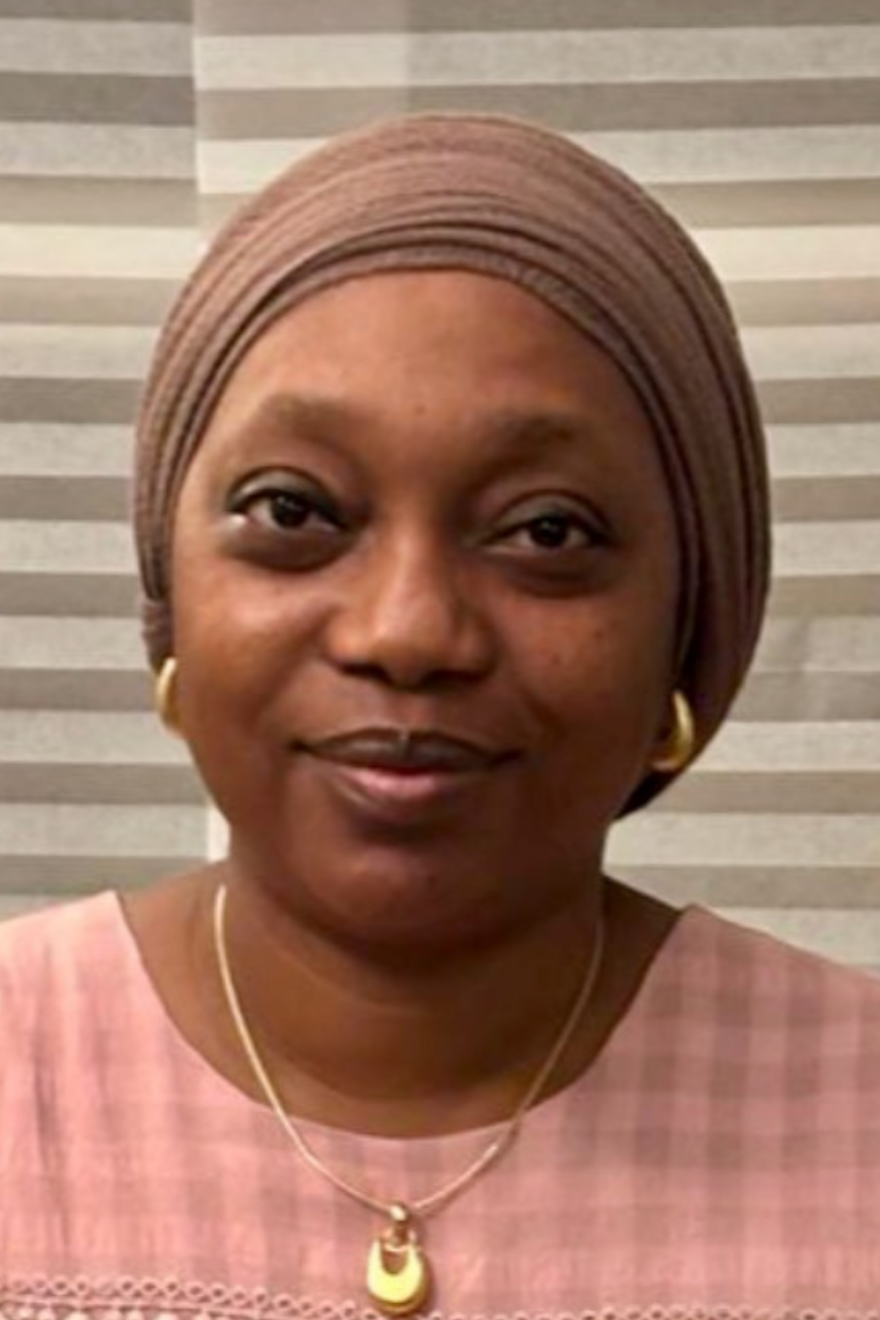
Zainab Imam
CEHCR
Project Title: Exploring strategies to improve access to exclusive human breastmilk feeding (mothers’ own or donor human milk) for small vulnerable newborns in neonatal units across Nigeria
Imam’s project is based around helping secure access to safe breastmilk for premature babies in Nigeria, lowering the risks disease and improving health outcomes among newborns. Research will explore the mindset around donated breastmilk and whether setting up milk banks in Nigerian hospitals would be a cost-efficient and sustainable solution.
I am grateful to receive the prestigious CGS Doctoral Research Award. The award validates my research project and work plan and will enable me to focus on completing my PhD in a timely manner. The PhD is a step toward attaining my goal of becoming an independent clinician-scientist, generating context-specific evidence and translating research into policy and practice to positively impact the survival and long-term quality of life of newborns in resource constrained settings.
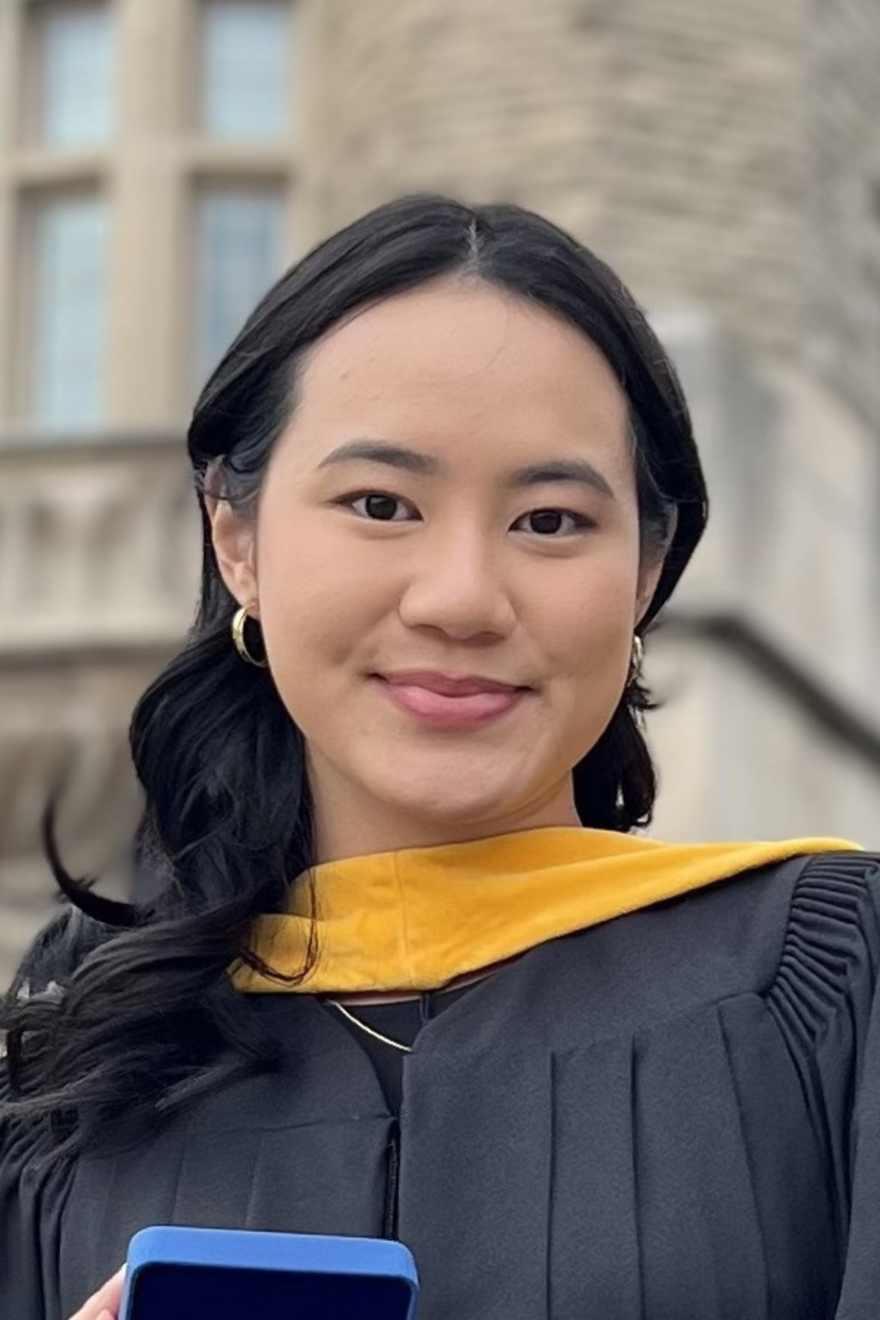
Marie Lan
HSR
Project Title: Advancing Equity-Informative Economic Evaluations of New Immunization Products: The Potential Impacts of Preventing Respiratory Syncytial Virus (RSV) in Infants in Ontario
Respiratory Syncytial Virus, most commonly referred to as RSV, is one of the top causes of hospitalizations among babies. Until recently, preventative treatment was only offered to those who are at high risk; however, new treatments are more readily available to a broader population of infants. Lan’s project looks at costs, vaccine strategies, and prevention plans to help determine the most effective and sustainable preventative measures for Ontario babies.
Receiving the Canada Graduate Scholarship is an incredible honour that affirms the importance of my research on RSV prevention in young children. This support allows me to advance my work on the health and economic impacts of RSV and evaluating prevention strategies that can inform more equitable and effective healthcare resource allocation and policy decision-making.

Christopher S. Lozano
CEHCR
Project Title: A Population-Based Cohort Study Investigating the Effectiveness and Outcomes of Treatment for Geriatric Patients with Cervical Spine Fractures in Ontario
Lozano’s project is based around the identification of new or improved treatments for older adults with neck fractures, leveraging patient data and CT scans to determine effective care options. The aim of Lozano’s research is to assist practitioners in their decision making, leading to improved care and recovery.
Receiving the Canada Graduate Scholarship – Doctoral Award is both an honour and a catalyst for my research. With Dr. Jefferson Wilson’s mentorship, I’m using Ontario-wide health-administrative data linked to CT imaging to map the full care pathway of older adults with cervical spine trauma. Our goal is to identify modifiable factors that drive complications, refine surgical decision-making, and ultimately improve functional recovery and quality of life for this rapidly growing patient group.

Teresa Semalulu
CEHCR
Project Title: Exploring Racial Disparities in Disease Presentation, Disease Trajectory & Survival in Patients with Systemic Lupus Erythematosus (SLE)
Semalulu’s project focuses on how lupus affects people of various racial backgrounds, with particular attention placed on the disparities in symptoms, severity, and recovery. Semalulu’s research is centred around data gathered from nearly 3000 patients in Toronto, aiming to compare it with international data and better understand – as well as reduce – inequities in care for those with lupus.
I am honoured to receive the Canada Graduate Scholarship Doctoral Research Award in support of my PhD research exploring racial disparities in systemic lupus erythematosus outcomes among a longitudinal cohort of Canadian patients. This award affirms the importance of addressing inequities in health outcomes and enables me to develop the skills needed to conduct impactful, equity-focused clinical research. I am hopeful that this work will contribute to more equitable outcomes for individuals living with lupus.

Chloe Wong
CEHCR
Project Title: Establishing a predictive model for hand trauma recidivism using health administrative data in Ontario, Canada
Wong’s project is focused on better predicting which patients are most likely to suffer repeat hand or wrist injuries through analysis of health data from across Ontario. The research aims to identify risk factors such as substance abuse or mental health challenges, to assist doctors in taking early action to prevent injuries.
The CGS-D has given me the opportunity to build a strong foundation in clinical epidemiology and pursue impactful research questions in hand trauma. This support brings me closer to my goal of becoming an academic surgeon who advances care through evidence-based practice and system-level change.

Noémie Villemure-Poliquin
CEHCR
Project Title: Treatment Delays in Head & Neck Cancers: A Multi-Methods Approach
Villemure-Poliquin’s project examines the delays in treatment for head and neck cancer, with the aim of reducing wait times and improving patients’ health outcomes. By looking at existing Ontario health data and conducting patient interviews, the objective of the project is to determine frequency, causes, and effects on recovery these delays can have, with the aim of improving access and support for patients.
Receiving this award is a tremendous honour and allows me to fully dedicate myself to research aimed at improving care for patients with head and neck cancer. This support not only affirms the importance of this work but also provides the protected time needed to pursue it meaningfully.
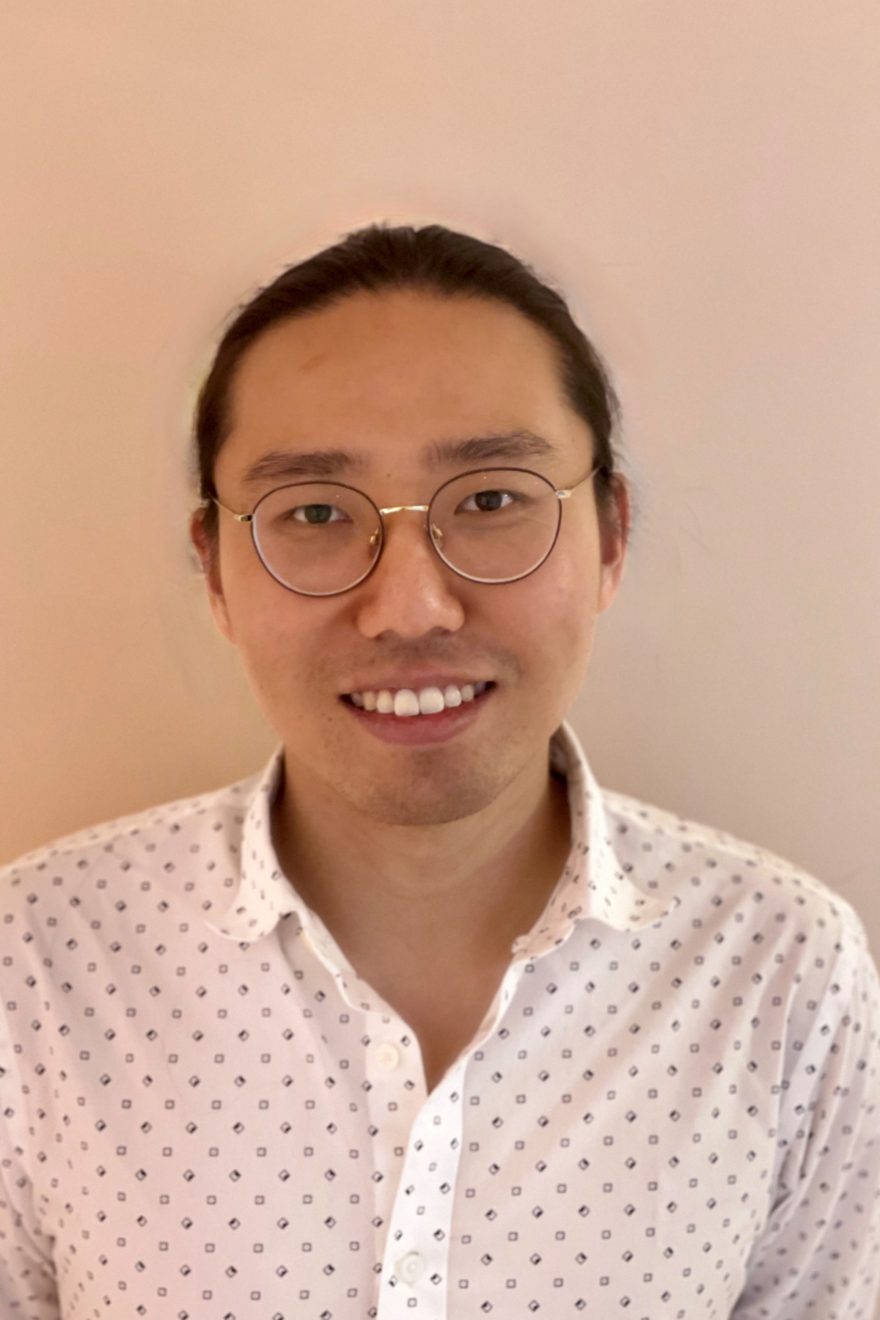
Xun Zhao
CEHCR
Project Title: A Machine Learning Algorithm that Accurately Predicts Spontaneous Recovery in Liver Disease: a clinical tool to optimise organ allocation in liver transplantation
Zhao’s project examines how machine learning can be leveraged to better predict recovery among patients with chronic liver disease. Through data analysis from transplant registries, this research will be used to develop a decision-making model to help doctors better determine which patients will eventually require a transplant, making organ donations more efficient.
This would allow me to focus on clinical research and build a stronger methodological framework for my future research program. A definite step forward to receive acknowledgement from CIHR and a strong motivator for the future.
Related News

Sign up for IHPME Connect.
Keep up to date with IHPME’s News & Research, Events & Program, Recognition, e-newsletter.
Subscribe to Connect Newsletter
Get in Contact
Communications
Marielle Boutin
Email Address: ihpme.communications@utoronto.ca





